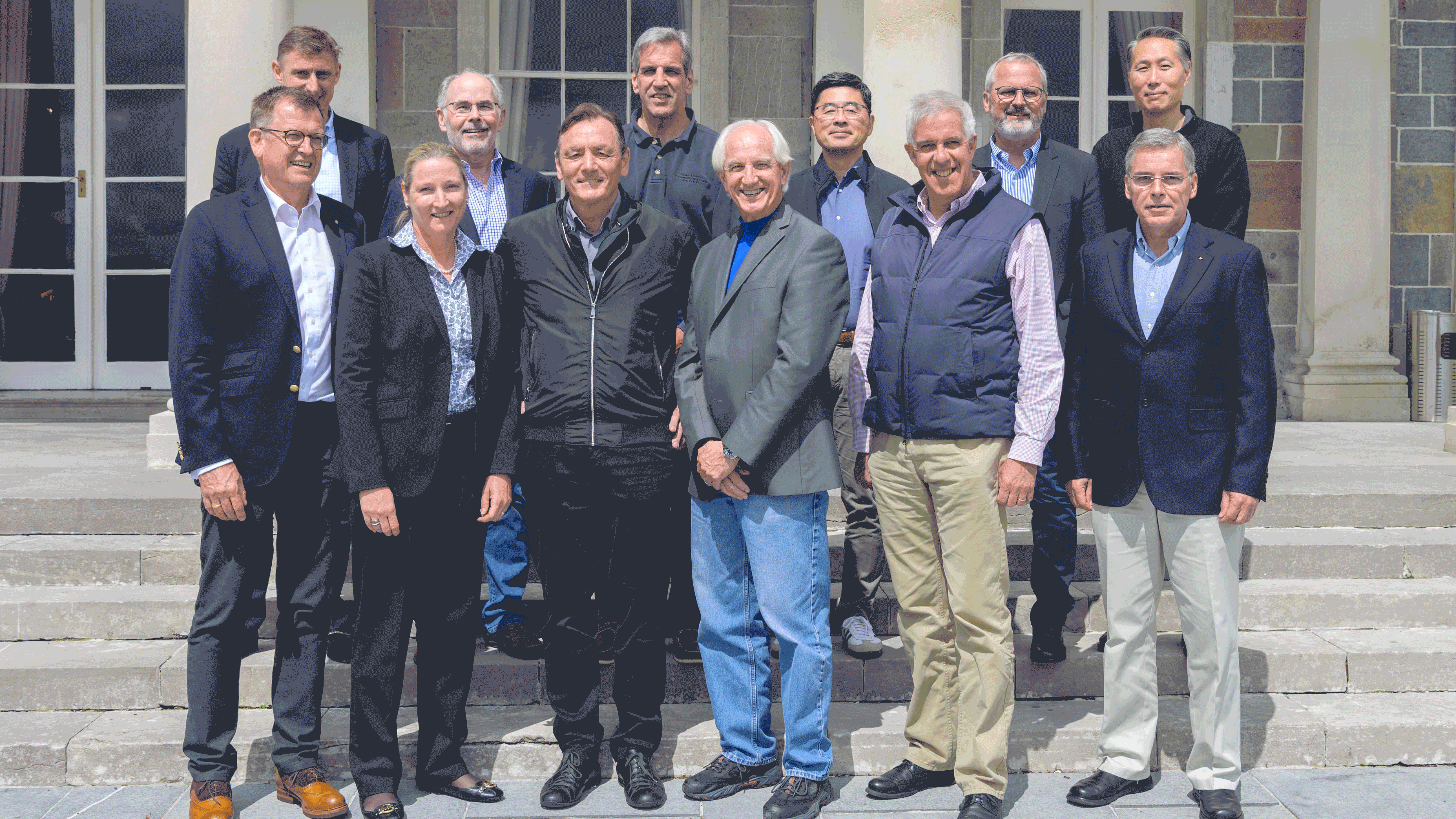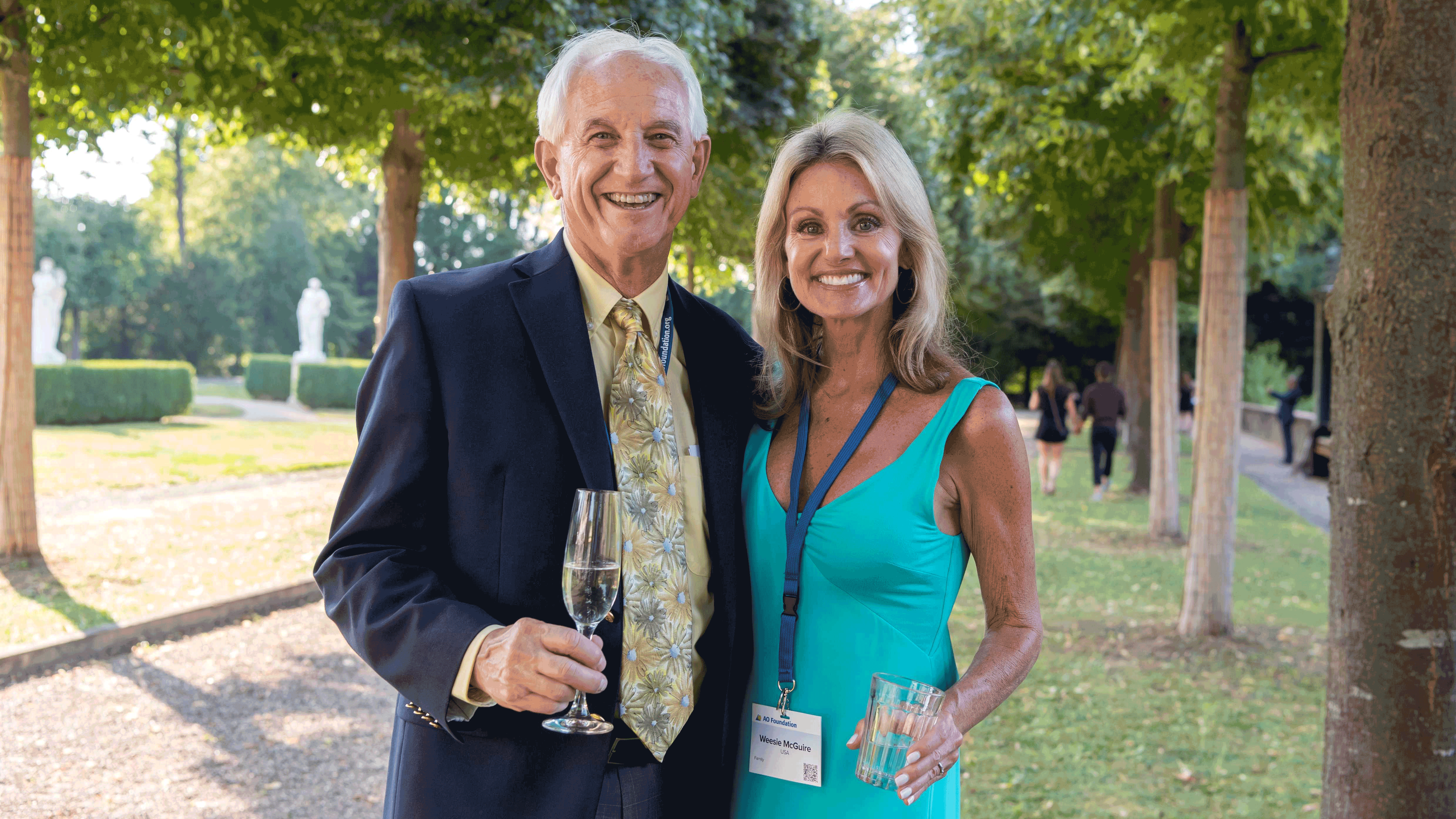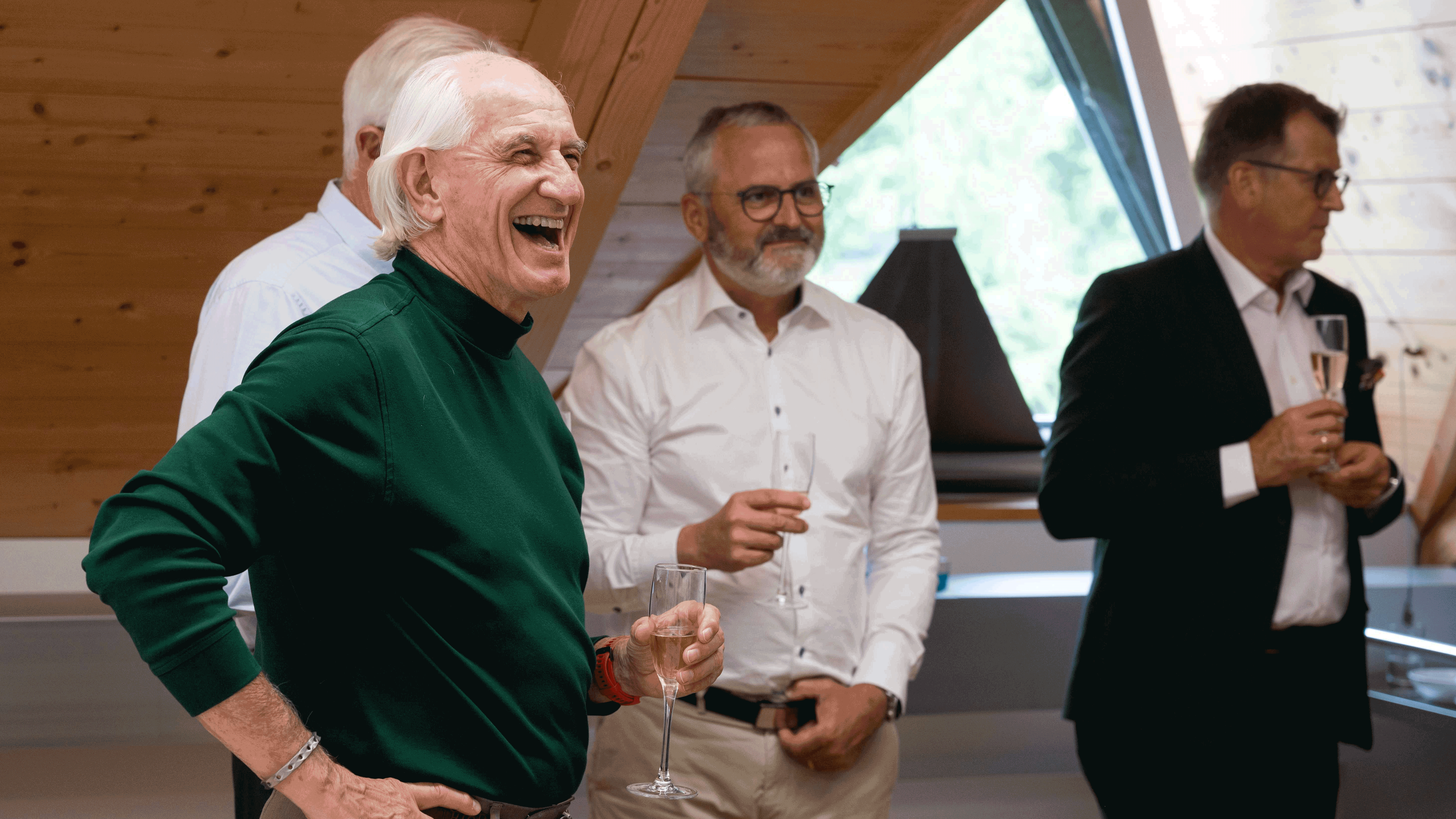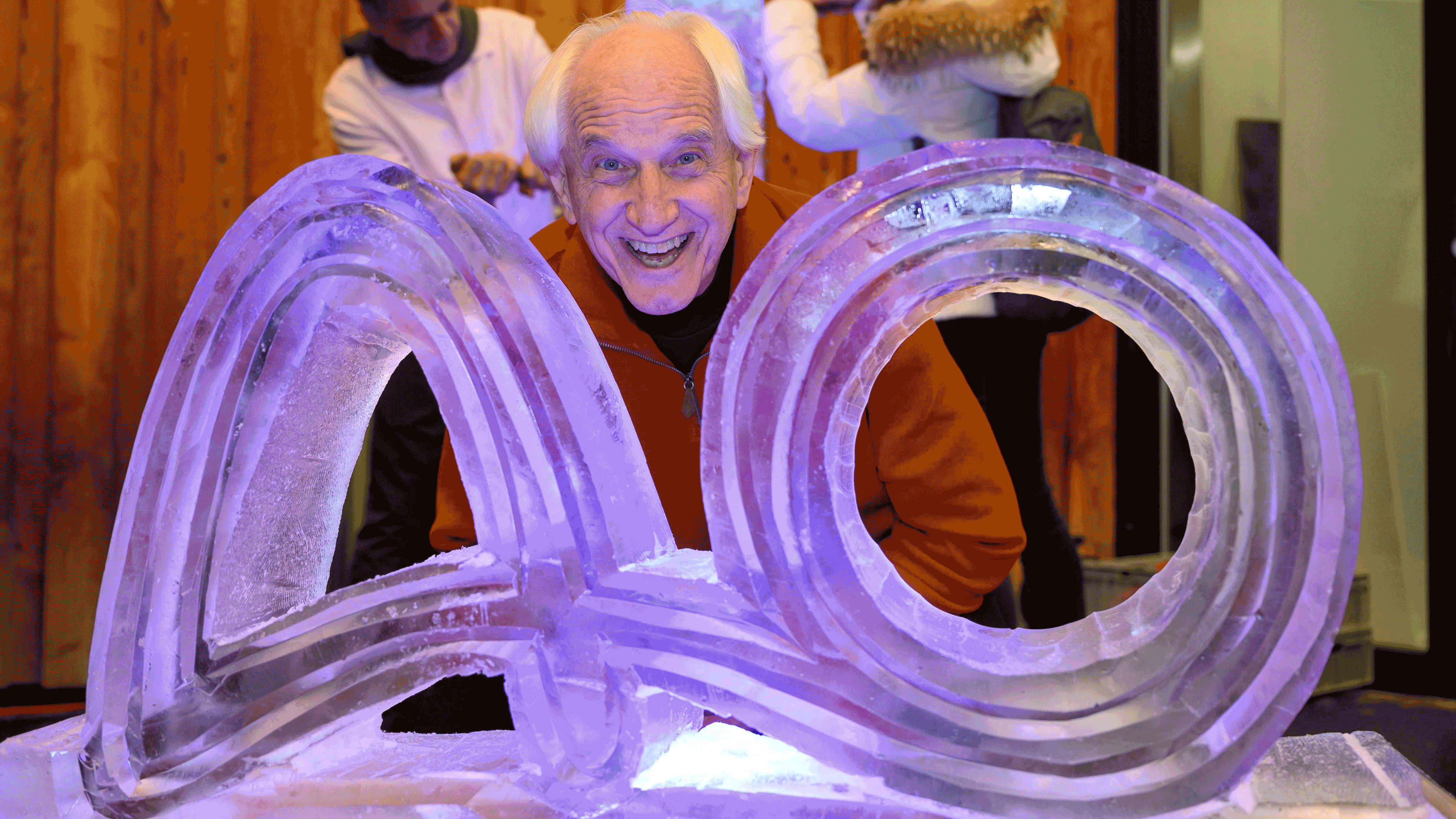AO Past President Robert McGuire: "Surgeon volunteerism is the greatest thing the AO has to offer"
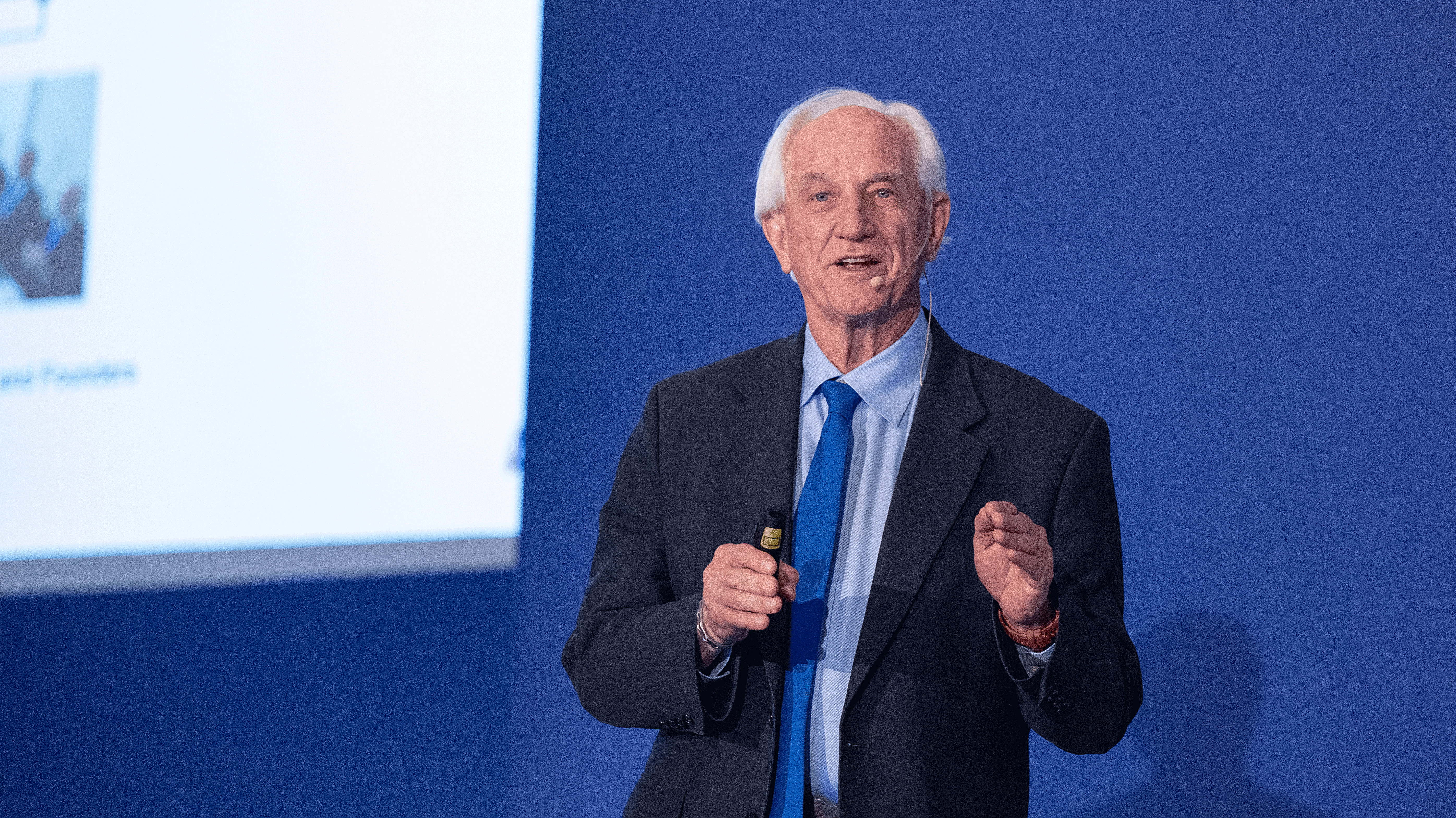
By: Vidula Bhoyroo, Project Manager/Medical Writer, AO Education Institute
Robert Alton McGuire completed his medical studies at the University of Alabama School of Medicine, Birmingham, AL, United States, and his postgraduate training, internship, and residency at the Naval Hospital, Portsmouth, VA, United States. He currently works for the Department of Veterans Affairs Medical Center and Mississippi Methodist Rehabilitation Center, Jackson, MS, United States. McGuire has taught in the Department of Neurosurgery, University of Mississippi Medical Center since 1994. He previously taught at the University of Health and Science, Bethesda, MD, United States (1987–1990), and at Eastern Virginia Medical School, Norfolk, VA, United States (1986–1990).
McGuire has served the AO in a wide range of leadership roles: AO North America (AO NA) President (2015–16), AO NA Spine Board member since 2003, InSpine editor since 2004, a member of the AO NA Degenerative Spine Committee since 2005, AO NA Chairperson from 2006-09, AO Technical Commission (AO TC) Spine member and chairperson, and member of the AO Technical Commission Executive Board (AO TCEB) from 2010-16.
What brought about your introduction to the AO?
I was introduced to the AO during my orthopedic training in 1980 by my residency chairman who had attended an AO Trauma course in Davos. He brought back an IM [intramedullary] femoral nail set after the course and the fixation techniques textbooks that became our “bible” during residency training. Up until that time, we had been placing patients in balanced traction with internal fixation scheduled for a later time. We had also been treating many fractures with cast immobilization. After we obtained this instrumentation, we never used balanced traction unless there were unusual circumstances that prevented immediate IM nail stabilization. We also began using internal fixation routinely to stabilize most other fractures.
How would you qualify your advancement as an AO surgeon?
I developed the skill set using the AO principles of internal fixation during my residency and my fellowship. As a spine surgeon, I could apply the concepts of the AO principles to my patients. Rigid fixation, anatomical alignment, protection of blood supply, and rapid mobilization could be used in these patients as well, which allowed me to develop instrumentation and techniques to treat fractures and degenerative spine conditions using the same principles of long-bone fractures.
What were the highlights of your three-year tenure as the AO President?
As the president of this surgeon-run organization, I was fortunate to have had an extra year in office because of the COVID-19 pandemic. During that time, due to lack of face-to-face courses, we had to make the transition to digital format for our education program. We developed online teaching modules for our faculty and online course modules for our learners. We rebranded our organization and introduced standardized accounting and a fiscal accountability structure to our organization. We negotiated a continuation of the partnership contract with DePuy Synthes. We found a place in the organizational structure for AO Recon, started the AO Sports initiative with a unique course offering, and launched the mentorship program with AO Access to enhance diversity and inclusion. I use the pronoun “we” because this was done with many individuals using their talents to make all these things happen. Even though there were occasional disagreements, a compromise that was in the best interest of the organization was always found. I have been very fortunate to have had an excellent AO Foundation Board and CEO [Christoph Lindenmeyer], who supported my vision during my presidential tenure.
What are you most proud of as a person, as a surgeon?
I am most proud to have been able to work with our next generation of surgeons in developing their career by providing the best possible evidence-based education so they can best care for their patients. Personally, having the support of my family and surgical partners has allowed me to achieve these goals of being a teacher and leader.
The 65-year anniversary of the AO was celebrated in 2023; what criteria have sustained it that long?
Surgeon volunteerism is the greatest thing the AO has to offer. Our faculty, staff, and members freely give of their time to provide for the greater good of the foundation, which ultimately leads to better care for the patients. We all are learners and the personal interaction within the courses, committees, and meetings allows us to contribute and learn from each other. By doing that, we continue the process of lifelong learning.
How to remain relevant for another good 65 years?
We must remain relevant to our younger surgeon members. They are our future, and we must listen to them and how they desire to obtain their educational needs. We must then be proactive and develop tools and educational formats which will allow them to achieve their goals. We must also be fiscally responsible in our budgeting process to assure that all educational needs of our membership are being met but in the most efficient way possible. That may mean consolidating some of our courses at the same venue and developing the AO Davos Courses format in each region.
You might also be interested in:
- Reading more AO history stories
- Learning about the AO archive and history project
- Viewing the AO image collection
- Searching our online AO library catalog


